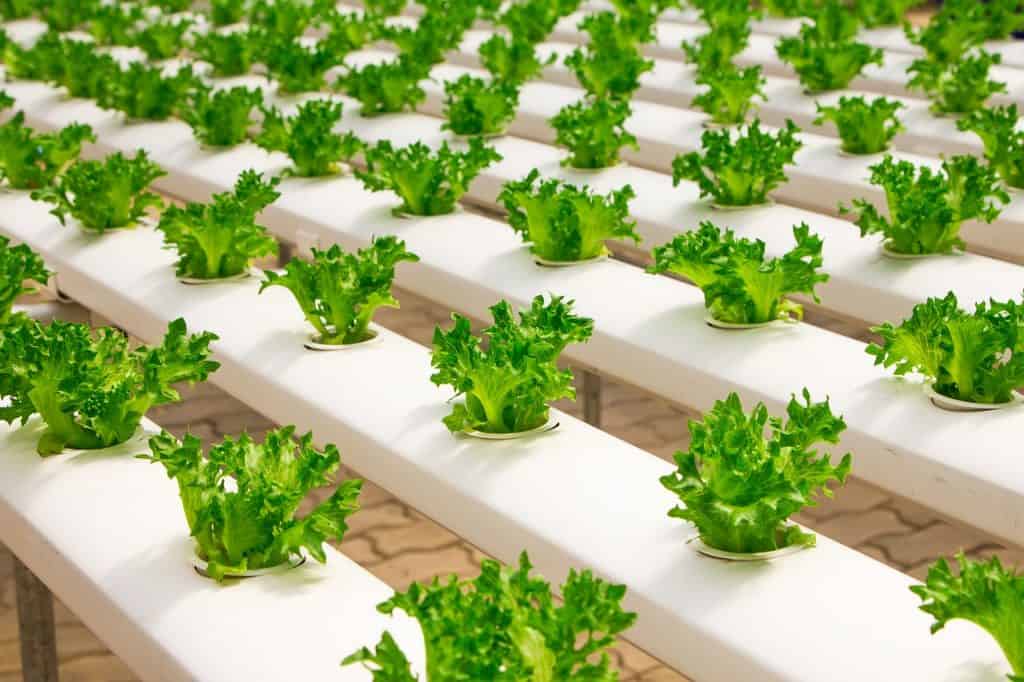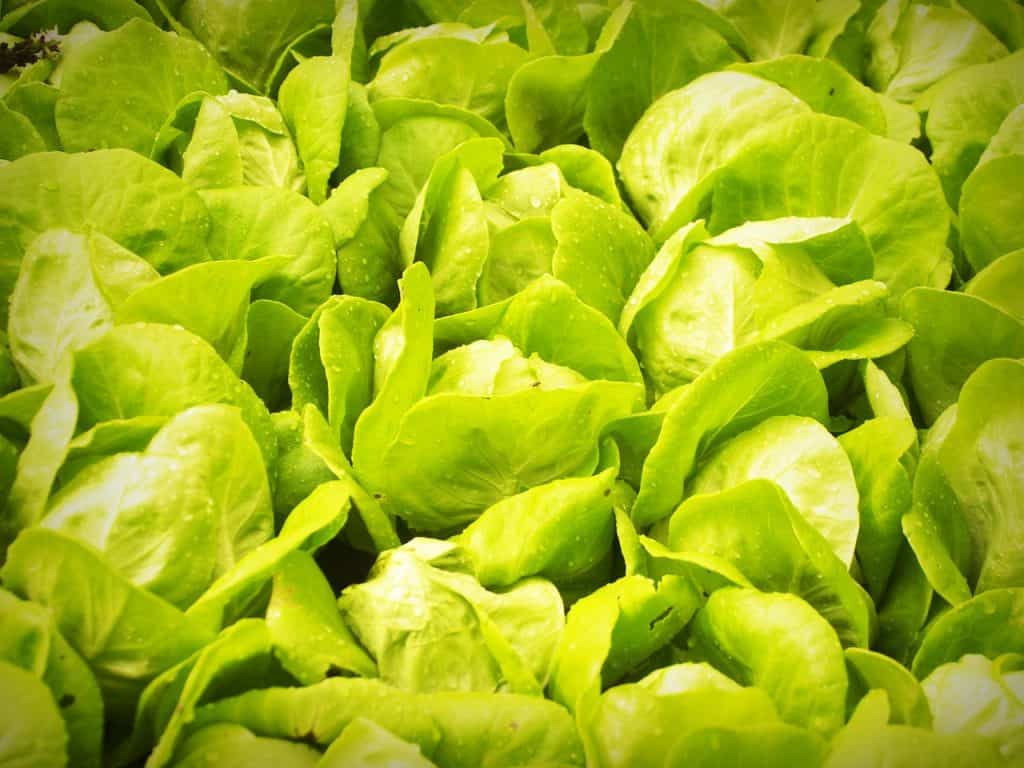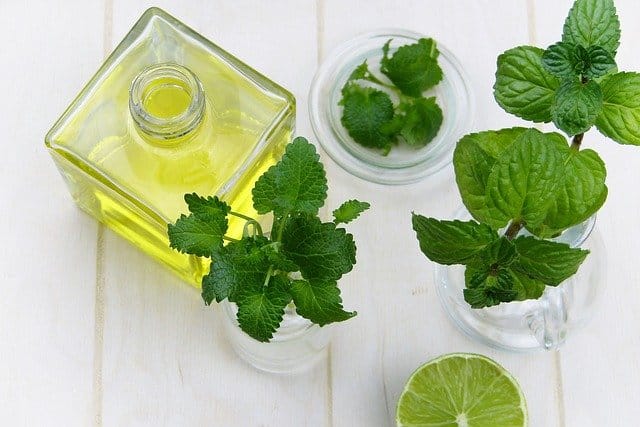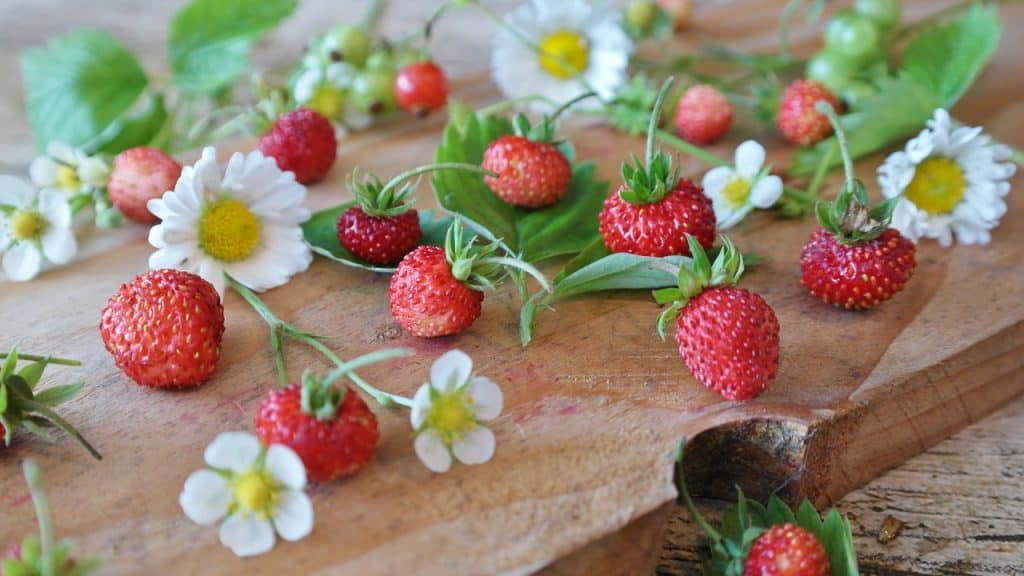Flower Glossary is reader-supported. When you buy through links on our site, we may earn an affiliate commission.
Curious about hydroponics? Learn more about what it is and the best plants to put in your hydroponic gardens.
Table of Contents
What is hydroponics?

Hydroponics is the art of growing plants without soil. Plants are cultivated without soil and using water. Hydroponic vegetables, herbs, and flowers are cultivated in an inert growing media supplied with nutrient-rich substances- oxygen and water.
The hydroponics system fosters stronger yield and faster growth of vegetables, flowers, and fruits. When a plant is grown naturally in the soil, its roots search for necessary nutrients and minerals to grow. However, if the roots are directly exposed to nutrient-rich substances like water and oxygen, the plant does not have to exert extra energy in absorbing the necessary nutrients to grow.
You can grow any plant in a hydroponics system. Many will flourish, but some won’t grow to their full potential.
If you are curious to know about the plants that have the potential to grow in a hydroponics system, you will be intrigued by what you find below:
Lettuce plant

Lettuce is a necessary ingredient in your sandwich or a to-go salad. It is also one of the most common vegetables that are grown hydroponically. As compared to traditional cultivation, they grow faster hydroponically and are easy to be taken care of.
There are various kinds of hydroponics systems, and lettuces can grow in any of them, including Ebb and Flow, Aeroponics, and NFT. This is a perfect starter for your hydroponic garden. Lettuce is also frequently grown in vertical farming systems.
Beans
Beans are one of the lowest maintenance but productive vegetables that can be cultivated easily in a hydroponics system. You can grow any type of beans you want, such as lima beans, pinto beans, pole beans, and green beans, among many others.
Seed germination of beans usually takes 3 to 8 days, while the harvesting time begins after 6 to 8 weeks. You can potentially continue the same crop for 4 to 5 months.
Mint plant

Spearmint and peppermint plants grow extensively, whether in a hydroponics system or soil. They are ideal for growing hydroponically as mint roots tend to grow and spread quickly. The aroma of mint is refreshing and is used in many beverages and foods.
Strawberry plant

If there is one fruit that is well-suited to grow hydroponically, it is the strawberry plant. In fact, strawberry plants are the most popular fruit that can be grown in commercial hydroponics systems. However, they can only grow to their full potential in NFT hydroponics systems. You can still enjoy fresh strawberries at home by harvesting them all year long through a self-made hydroponics system.
Pepper plant
Bell peppers need the same hydroponic conditions that tomatoes need — bright lighting and warm temperature. You can start growing them by seeds or plants (easily available from a local garden supplier).
Peppers usually take 2 to 3 months to mature. Some common peppers grown hydroponically include habanero, cubico, mazurka, Fellini, and Nairobi.
Cucumber plant
Cucumber is a vine plant that’s grown widely at home and in commercial greenhouses. They grow to their full potential under the right conditions and, as a result, yield high results. Various types of cucumbers can be grown hydroponically. Some of them are long, thin-skinned, seedless European cucumbers, thin-skinned American slicers, and smooth-skinned Lebanese cucumbers.
However, cucumbers are a warm temperature plant, so make sure to give it a nice temperature and sufficient lighting.
Closing thoughts
Knowing about the plants that can best grow hydroponically is the first step. You will need proper research, equipment, supplies, and knowledge to set up a hydroponics system that works well and reaches your goals. Hydroponics plants depend on you for their survival. Hence, growing plants hydroponically requires consistency and dedication to make them thrive, including your hydroponic gardens.